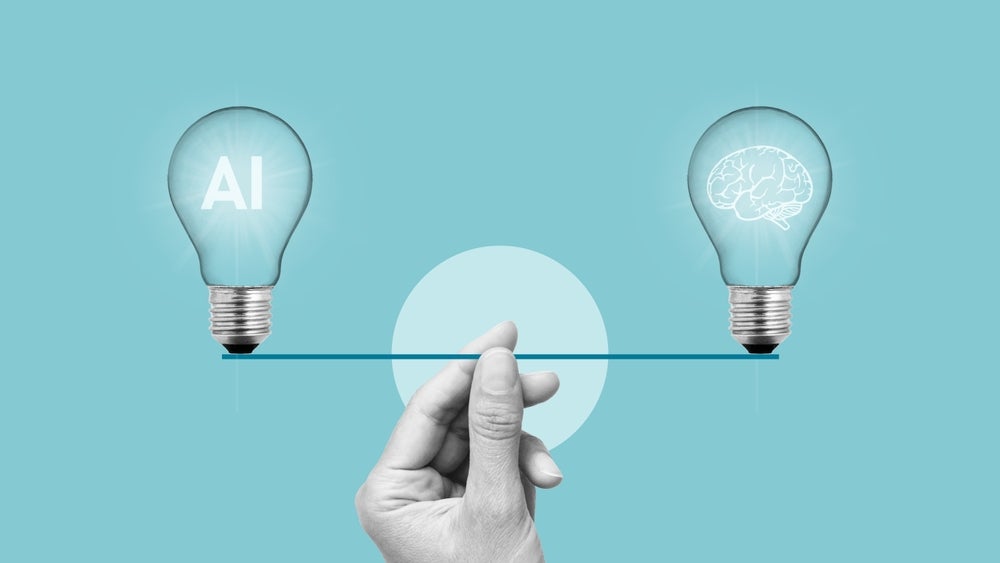
A contentious California AI bill has passed the legislature and awaits the governor’s signature, despite opposition from some of tech’s biggest players.
The bill was passed by California lawmakers and applies to AI models that cost more than $100m to develop or those that require a defined amount of computing power.
Developers of AI software operating in the state also need to outline methods for turning off the AI models if they go awry, effectively a ‘kill switch’.
The AI safety bill was passed on Wednesday (28 August) after which it will need one more process vote before it passes to Governor Gavin Newsom, who has until 30 September to decide whether to sign it into law or veto it.
Martin Casado, general partner at venture capital firm Andreessen Horowitz, said before the vote that he hoped Newsom would veto it.
“It has got the most bipartisan, broad opposition I have ever seen,” he said.
Generative AI (GenAI), which the bill covers, is AI that can respond to prompts with fully formed text, images or audio as well as run repetitive tasks with minimal intervention, generating new content.
Tech companies developing GenAI have argued against the bill, saying it could drive AI companies from the state and hinder innovation.
The bill’s author, Democratic State Senator Scott Wiener, represents San Francisco, home to OpenAI and many of the start-ups developing the powerful software.
He has said legislation is necessary to protect the public before advances in AI become either unwieldy or uncontrollable.
Google, OpenAI, Anthropic and Meta have expressed their concerns, while Tesla CEO Elon Musk is in favour of the bill.
Third-party auditors are required by the bill to assess the safety of AI practices, as well as additional protections for whistle-blowers.
The bill also gives the state attorney general the power to sue if developers are not compliant.







